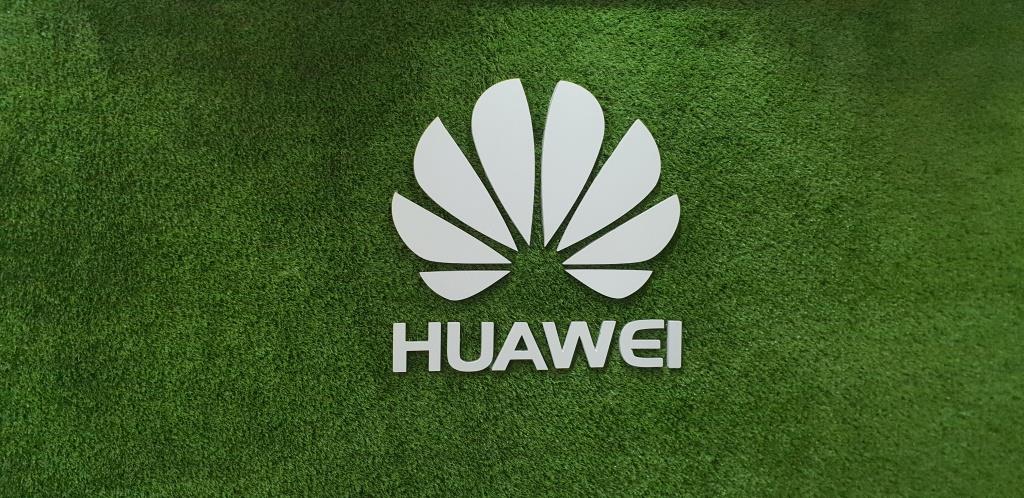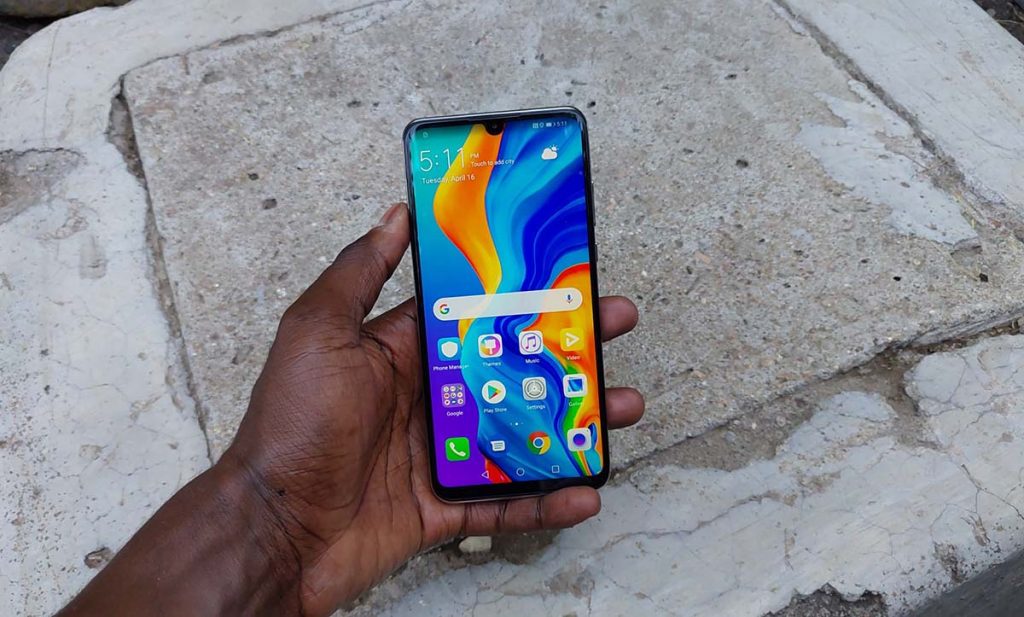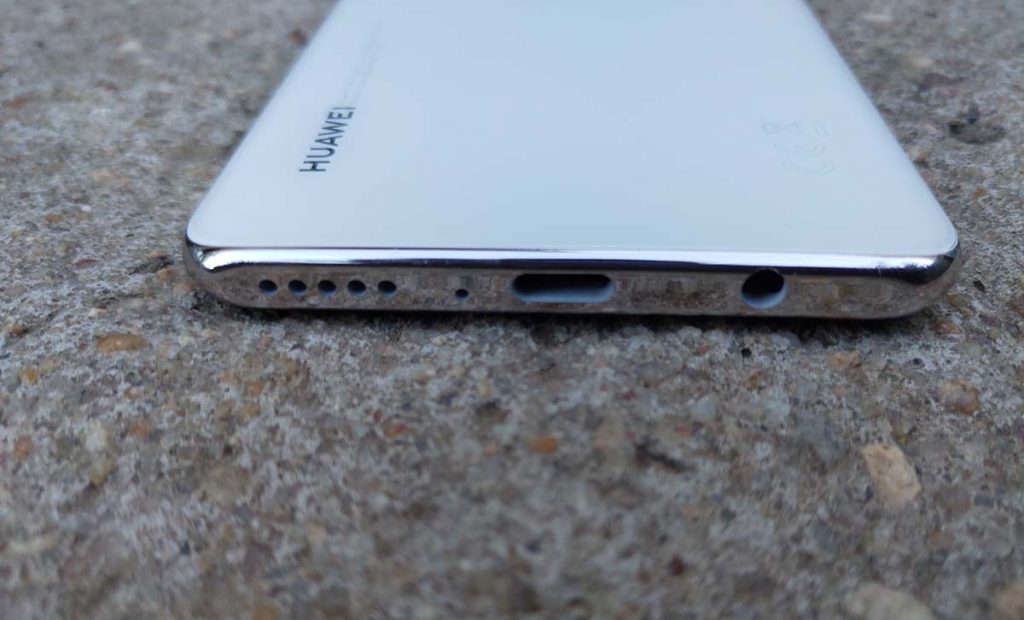
By now you probably already know that Google is set to cut off Huawei’s Android license. This was revealed yesterday by Reuters before Google confirmed it without sharing any details. Even though we know of the trade war between China and the US, I did not expect this to be honest.
As we wait for more details from Google and Huawei, let us look at why this has happened and how it will affect us.
Why it happened
Four days ago, the US added Huawei to the list of companies America firms cannot do business with unless they have a license. Google does not have this license and the chances of them getting one are slim.
All this means is Google and many other American firms cannot do business with companies such as Huawei. The US government says that Huawei poses serious security risks as it can give backdoor access to the Chinese government on some of its communication products. Huawei has denied this but the US is not having any of that.
Before we go further, it is important to know that the US is basing part of its decision on China’s National Intelligence Law that came into affect in 2017. Here is the part of that:
Any organization and citizen shall, in accordance with the law, support, provide assistance, and cooperate in national intelligence work, and guard the secrecy of any national intelligence work that they are aware of [emphasis added]. The state shall protect individuals and organizations that support, cooperate with, and collaborate in national intelligence work.
This above excerpt does not look good for China and even though Huawei says that it does not provide backdoor access to the Chinese government, things don’t look good.
AOSP, Google, Huawei
Before we go further, let us talk about Android, Google Huawei and how all this plays out.
Android is a mobile operating system developed by Google. The Android Open Source Project (AOSP) is the core Android source code that smartphone manufactures pick and build on. Google maintains the Android source code through the AOSP that smartphone manufacturers can alter and then include on their device. Google spends money on Android but gives it away for free but that is more of a relationship between Google and smartphone manufacturers like Huawei.
Even though Huawei can use Android as it pleases, it needs a license to install apps such as Gmail, Google Maps and the Google Play store. These apps are collectively referred to as Google Mobile services. You need Google Play store to install all your favorite apps (the easy method at least) and the only way to have this option is to have a phone that is licensed to have Google Mobile Services.

Huawei has been a licensed to install Google Mobile Services and this is part of its business that will be affected by Google’s decision. The next Huawei phones will not come with Google Mobile services. If you use Gmail and are a fan of YouTube, you will miss out on these apps on future Huawei smartphones.
What It Means for Huawei Owners
If you own any smartphone from Huawei like I do, nothing will change as of now. Google confirmed this through Twitter yesterday.
This is the case right now, but in the future, it is unclear. What we know is you will probably not get System updates unless this situation is resolved. Huawei may also be forced to build version updates on its own from AOSP which will not be an easy task. This will mean longer wait periods for updates and even no updates for some of its devices.
This is what Huawei has said about this:
Huawei will continue to provide security updates and after-sales services to all existing Huawei and Honor smartphone and Honor products, covering those that have been sold and are in stock globally. We will continue to build a safe and sustainable software ecosystem, in order to provide the best experience for all users globally.
What is the future of Huawei Smartphones?
This is where things get tricky for Huawei. The company has been working on its own mobile OS but I am not sure it is ready for market. Even if it is, an OS is not the only thing Huawei needs. It will need an ecosystem of app developers who provide applications that users need. There is also the issue of Google apps that we are used to, will they be supported on this new OS, will there be a way to port them to these devices?

Even if Huawei smartphone business stays intact, it will see a declining market share with the absence of Google and Android to be specific.
Relying on American Tech
The one point that has been raised with this discussion is we probably should reconsider our dependence on American tech. For the smartphone sector, this move may end up motivating some of the top smartphone brands to consider other Operating Systems besides Google. They can start by introducing their Operating Systems to users in emerging smartphone markets and see how that grows. Companies have to be aware this can happen in the future and there should clearly be a way for them to shield their businesses from it. This is easier said than done but the decision by the US will definitely spark that discussion.

